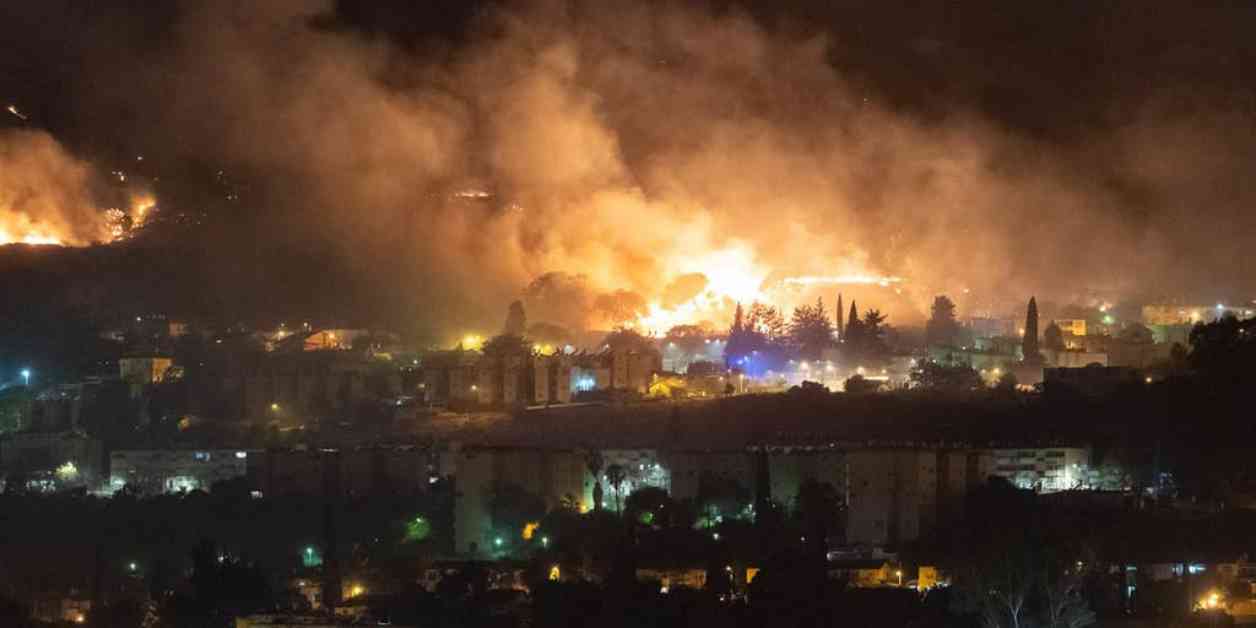Israeli officials have issued a warning that the country is at risk of facing a full-scale war with Hezbollah if the terrorist organization continues to escalate its aggressions in northern Israel. The Israeli Defense Forces (IDF) issued this warning on Sunday, just before Israeli Prime Minister Benjamin Netanyahu was scheduled to meet with Amos Hochstein, a top aide to President Biden. The Biden administration is urging Israel to avoid a conflict in Lebanon, but IDF officials emphasize the significant threat posed by Hezbollah in comparison to Hamas.
An IDF spokesperson stated on Sunday, “Hezbollah’s increasing aggression is bringing us to the brink of what could be a wider escalation.” This sentiment was echoed by Israeli Defense Minister Yoav Gallant during his discussions with Hochstein on Monday. Gallant emphasized that while Israel is committed to diplomatic efforts, Hezbollah’s aggression is pushing them closer to a critical decision point regarding military actions in Lebanon.
Following the meetings between Hochstein, Netanyahu, and Israeli President Isaac Herzog, no specific details were disclosed about the discussions. However, it is clear that the threat of Hezbollah is a top concern for Israeli officials, especially in light of the ongoing conflict in Gaza. Israeli sources have highlighted the stark contrast between the capabilities of Hezbollah and Hamas, with Hezbollah being better equipped and having a larger manpower.
Former IDF spokesman Jonathan Conricus emphasized that Hezbollah is a significant threat, describing it as the “crown jewel in the Iranian empire of terror and evil.” He pointed out that Hezbollah possesses advanced weaponry and capabilities, surpassing those of several European countries. In terms of military strength, Hezbollah far outmatches Hamas.
Despite Netanyahu’s past threats of war with Hezbollah, there has not been a definitive escalation to date. Israeli airstrikes have targeted key Hezbollah leaders, while Hezbollah continues to launch rockets and missiles. The situation remains tense, with the potential for a broader conflict looming.
The ongoing tensions between Israel and Hezbollah underscore the complex geopolitical dynamics in the region. The involvement of external actors, such as Iran, adds another layer of complexity to the situation. As the risk of conflict persists, diplomatic efforts and strategic considerations will be crucial in navigating the delicate balance of power in the Middle East.


















